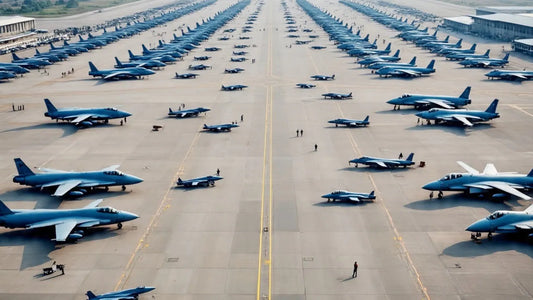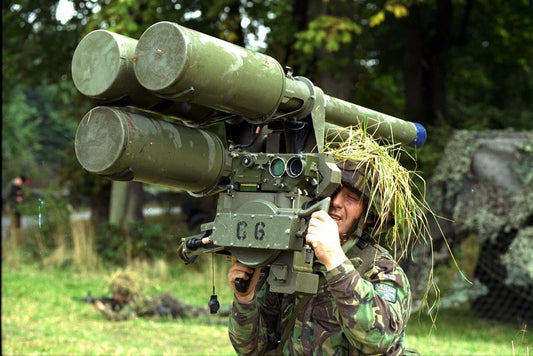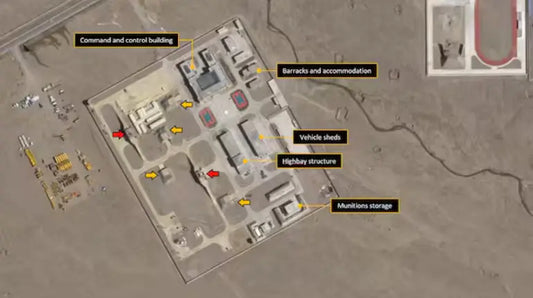India Confirms Energy Stability Despite Iran's Threat to Close Strait of Hormuz

In light of rising tensions in the Middle East, India's Union Petroleum Minister Hardeep Singh Puri has assured the nation of stable energy supplies despite Iran's threat to shut down the strategically crucial Strait of Hormuz.
This situation arises following the Iranian Parliament's approval of a proposal to close this narrow channel in response to U.S. airstrikes on its nuclear facilities. However, the ultimate decision to enforce the closure lies with Iran's Supreme National Security Council.
Minister Puri stated that the geopolitical developments in the Middle East have been closely monitored over the past two weeks. He emphasized that under Prime Minister Narendra Modi's leadership, India has diversified its energy sources significantly. Consequently, a substantial portion of India's crude oil no longer transits through the Strait of Hormuz.
Furthermore, Puri mentioned that India's oil marketing companies possess reserves sufficient for several weeks and continue to receive supplies through various global routes. He assured on the social platform X that every necessary measure is being taken to ensure consistent fuel availability for Indian citizens.
Despite these reassurances, industry insiders exercise caution. A senior official told NDTV Profit that the oil and gas sectors are highly sensitive, and even temporary disruptions could lead to sharp price increases. If the Strait remains closed for over a week, global markets could experience severe volatility, and India would not be immune.
Although India has recently increased its crude imports from Russia, experts note that the advantages depend on current price trends and discount margins. The government is reportedly contemplating excise duty reductions on fuel if crude prices surpass the $105 per barrel threshold.
The Strait of Hormuz is a critical chokepoint for global energy trade, facilitating nearly 20% of the world's oil and gas transactions. As the situation remains uncertain, India’s strategies for preparedness and diversification will be rigorously tested in the days ahead.



















